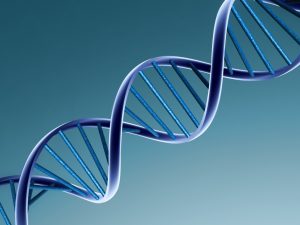Addiction and Epigenetics – An Inheritable Disease?
Why are humans drawn to a multitude of substances and behaviours? 
It has become increasingly apparent that chronic substance abuse involves adaptations that are both genetic and epigenetic affecting our brain reward circuitry its limbic and cognitive regions. A growing amount of literature is emerging in the field of epigenetics related to addiction.
Epigenetics is the way in which lifestyle factors can turn on (and turn off) gene expression without changing the genes.
Epigenetic changes produce long-term “tags” that can form at a molecular level. Epigenetic changes in DNA coordinate gene expression during brain development. These epigenetic changes are dynamic during prenatal and perinatal periods. This includes the father – his exposure to alcohol and drugs preconception has an effect on the developing foetus. Both parents need to undergo a detoxification program prior to conception.
 New research suggests the reason foetal exposure to alcohol increases the risk of drug taking later in life may be related to changes in chemicals the brain produces itself. Foetal Alcohol Spectrum Disorders (FASD) cause cognitive and behavioural problems.
New research suggests the reason foetal exposure to alcohol increases the risk of drug taking later in life may be related to changes in chemicals the brain produces itself. Foetal Alcohol Spectrum Disorders (FASD) cause cognitive and behavioural problems.
In addition to increased vulnerability of alcohol and other substance use disorders, FASD can lead to mental health conditions, including Attention Deficit Hyperactivity Disorder (ADHD), depression, anxiety, and problems with impulse control.
Prenatal brain exposure to alcohol changes the way our brain responds to neurotransmitters making some areas more sensitive to the effects of drugs of abuse. Therefore, later in life, a person needs much less of a drug to become addicted.
Many drugs are toxic to the brain causing structural and functional changes, leading not only to addiction but to other neurological damage.
The negative consequences of these neurotoxins are not limited to the brain, with other organs and systems also affected to varying degrees. Affected organs other than the brain include lungs, liver, kidneys, stomach, bowels and skin.
“The simple truth is: addiction is a chronic, progressive and potentially fatal yet treatable disease, much like heart disease, diabetes, and cancer. In other words, addicts are not bad people, they are sick people. And they deserve empathetic and supportive treatment just like any other sick person.” Robert Weiss
